Synthetic Biology
Accelerate your synthetic biology breakthroughs using NGS

What is Synthetic Biology?
Synthetic biology integrates multiple scientific disciplines. It combines molecular biology, genetics, systems biology, evolutionary biology, and biophysics with chemical, biological, and computational engineering. The goal of synthetic biology is to create new or redesigned biological systems. The resulting synthetic biological systems have potentially revolutionary applications in research, industry, and medicine. Next generation sequencing (NGS) technology plays a key role in providing researchers with quick and cost-efficient solutions to enable the creation of improved biological functions.
Synthetic Biology Applications
There are a diverse range of synthetic biology applications. Antibody and vaccine production, biofuel production, agricultural bioengineering, microbial engineering, and food production are just a few of the applications that are made possible through the study and practice of synthetic biology. NGS technology equips researchers with complete genomic sequences for modifying or creating artificial biological systems. Genomic sequencing enables the identification of novel biological systems and the confidence that these systems match their intended designs.
Antibody Discovery & NGS
Antibody discovery empowers new diagnostics and therapeutics. NGS enables comprehensive assessment of antibody library diversity, a critical metric for successful antibody development.
Microbial Engineering
Microbial engineering enables the repurposing of existing bacteria and yeast for uses in improving crop yields, soil remediation, wastewater decontamination, custom probiotic feed for livestock, and more.
Improving Agriculture Through Synthetic Biology
NGS-based technologies are making important strides in selecting wheat phenotypes that improve yield, waste management, and tolerance to biological and environmental stresses.
Sequencing SARS-CoV-2
Learn how NGS was essential in sequencing the SARS-CoV-2 genome and how it paved the way for an mRNA-based vaccine.
Reconstructing SARS-CoV-2 Using Synthetic Genomics
To facilitate rapid responses to variants, read how researchers generated chemically synthesized SARS-CoV-2 clones and characterized them using NGS.
Advances in Vaccines
See how researchers are harnessing the discovery power of NGS to build better vaccines against COVID-19 and more.

CRISPR & Synthetic Biology
CRISPR (Clustered Regularly Interspaced Short Palindromic Repeats) technology is a revolutionary method for targeted genome editing. The speed, simplicity, and precision of CRISPR genome editing makes it an ideal tool in the field of synthetic biology. Integrating CRISPR genome editing with the informational power of NGS enables researchers to have complete control throughout their editing experiment, resulting in a better understanding of the biological systems they are modifying.
Learn more about CRISPR genome editingFeatured Synthetic Biology Articles and Publications
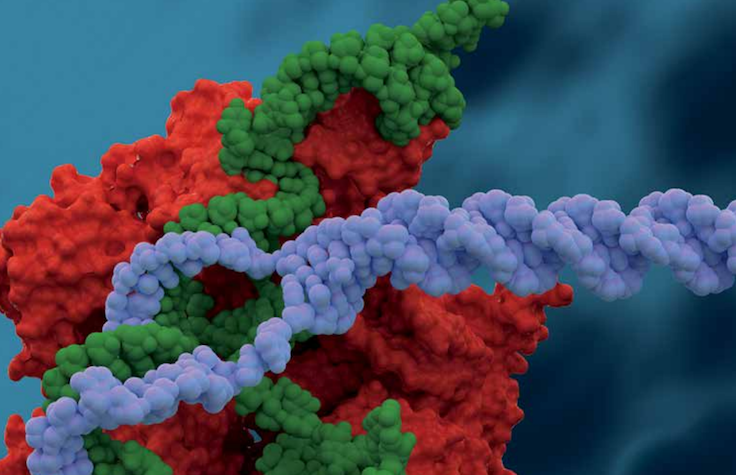
Gene Editing Research Review
CRISPR-Cas9 is a recently developed genome editing technique that allows scientists to perform precise genomic manipulation quickly and conveniently. This review highlights recent publications that demonstrate the use of genomic technologies and high-throughput sequencing in CRISPR-Cas9 experiments.
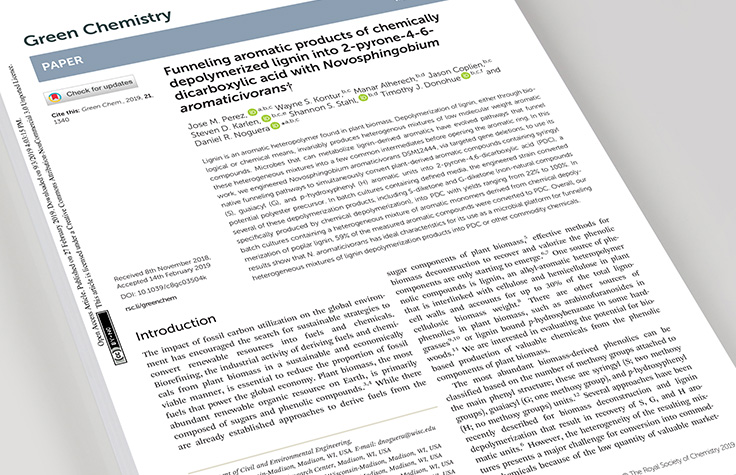
Engineering Bacteria for Plastic Production
Researchers have engineered a soil bacterium that can digest a polymer in plant cell walls. See how this enables researchers to produce a biodegradable alternative for plastic.
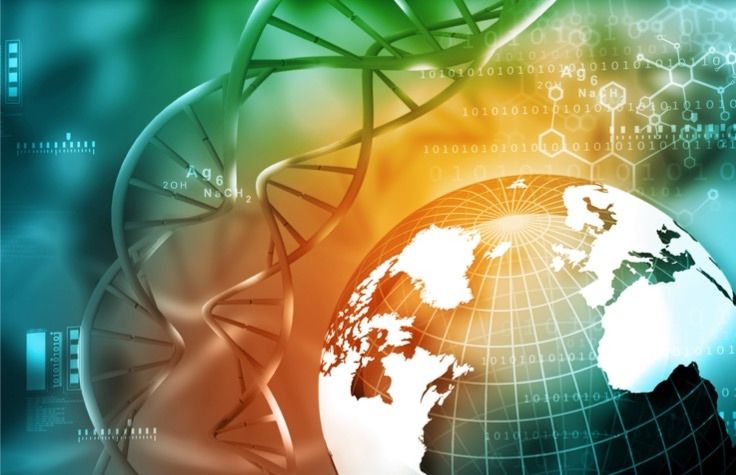
The Earth BioGenome Project Builds Foundation to Sequence Life
Explore NGS applications that deliver high-quality results to accelerate research on various complex diseases, including neurodegenerative, psychological, and autoimmune disorders.
Featured Products for Synthetic Biology Studies
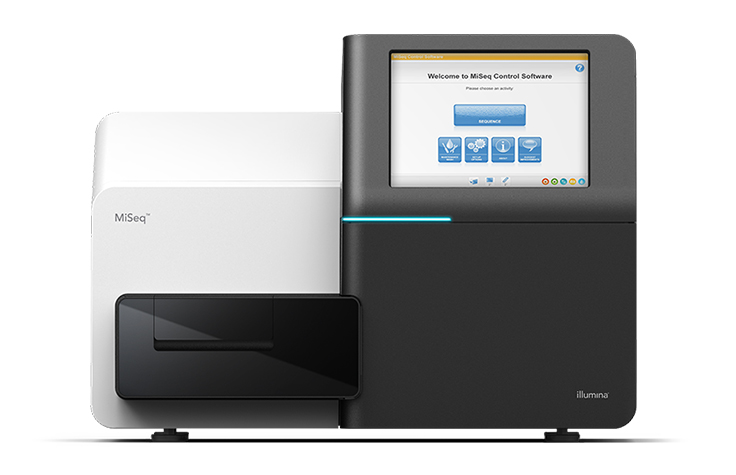
MiSeq Sequencing System
With the MiSeq System you can access focused applications such as targeted resequencing, metagenomics, small genome sequencing, targeted gene expression profiling, and more.
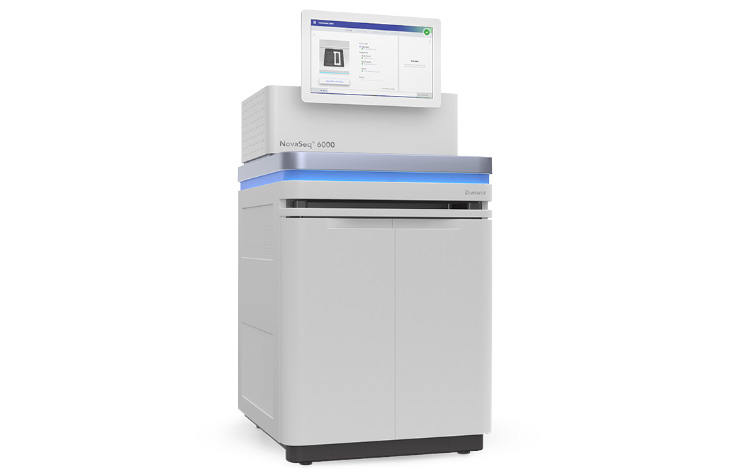
NovaSeq 6000 Sequencing System
Access scalable flexibility to sequence the genome, epigenome, and transcriptome of engineered mammalian and plant systems.
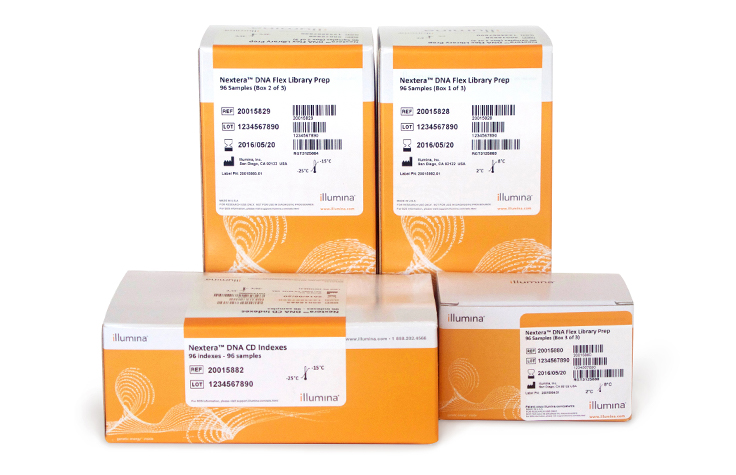
Illumina DNA Prep
Apply the fastest and most flexible Illumina library prep for whole-genome sequencing of virtually any engineered biological system.
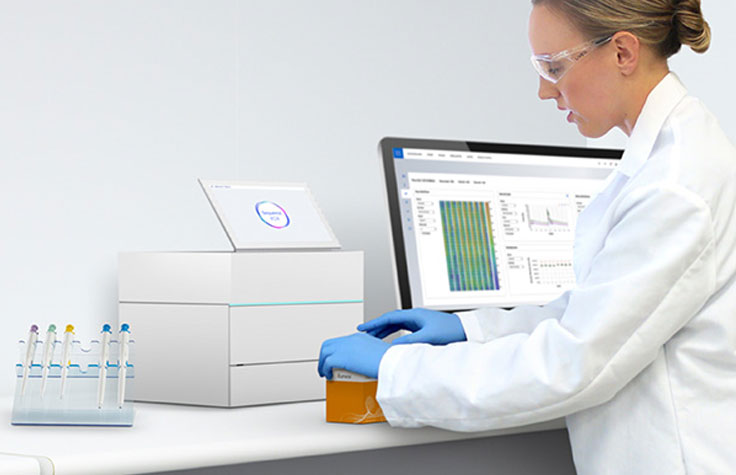
New to NGS?
Synthetic biology requires precise knowledge of the genetic sequence to be engineered at a scale and depth beyond the capabilities of traditional sequencing technologies. In addition to providing the throughput, scalability, and speed needed to rapidly sequence whole genomes, NGS enables researchers to interrogate the transcriptome and epigenome to fully characterize newly created synthetic biological systems.
Learn More
Synthetic Biology Startup Funding
Illumina Accelerator provides extensive mentorship, financial support, and access to sequencing systems, reagents, and lab space to help genomics-driven startups launch. By partnering with Illumina, startups will advance breakthrough applications in synthetic biology. Startups based in the San Francisco Bay Area, USA and Cambridge, UK can apply for synthetic biology funding via the link below.
Interested to learn how NGS can augment your synthetic biology workflow?
Related Solutions
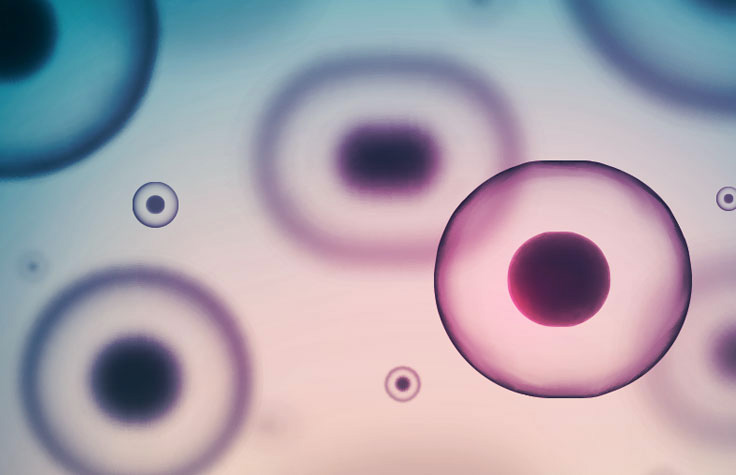
Microbial Sequencing Methods
NGS-based microbial sequencing methods include shotgun metagenomics, 16S rRNA sequencing, whole-genome and de novo sequencing, and transcriptomics.

NGS for Drug Development
Illumina provides an innovative portfolio of NGS systems, products, and services for many phases of the drug development pipeline.

Complex Disease Genomics
Explore NGS applications that deliver high-quality results to accelerate research on various complex diseases, including neurodegenerative, psychological, and autoimmune disorders.
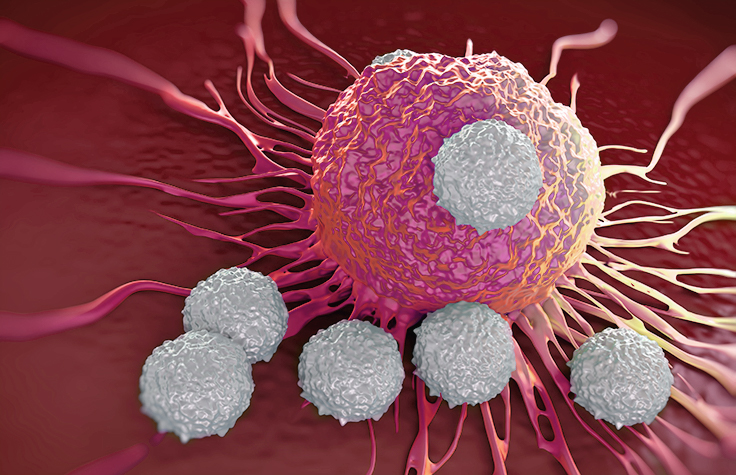
Immunology Research
Gain insight into the immune repertoire, disease mechanisms, and the functional impact of immune-related genetic variation with NGS and array solutions.